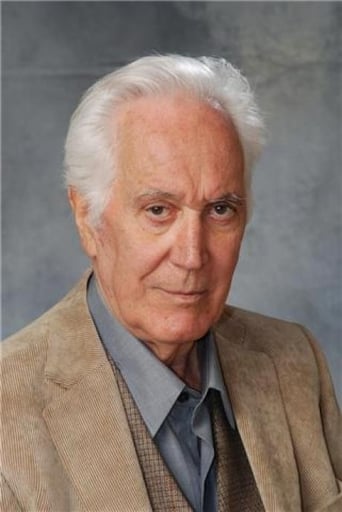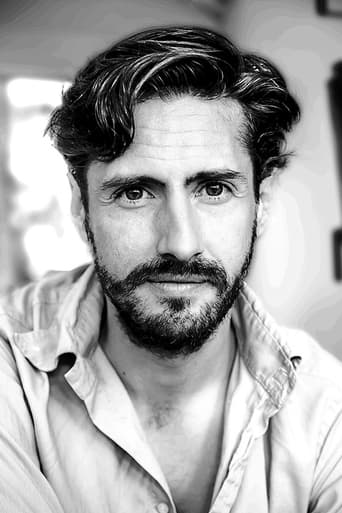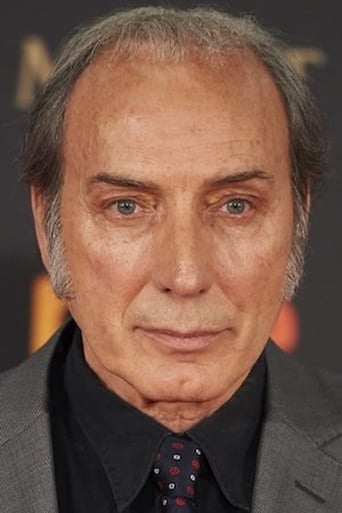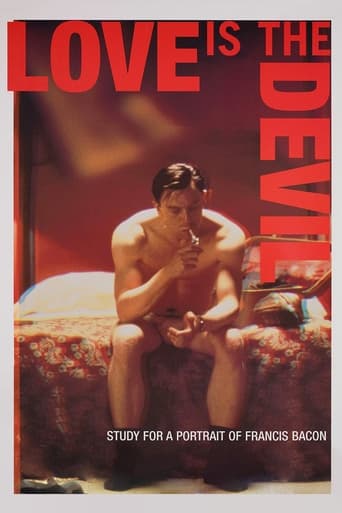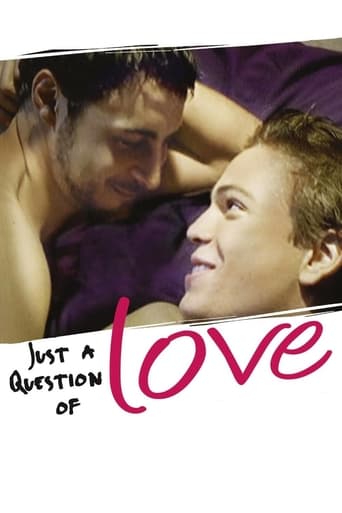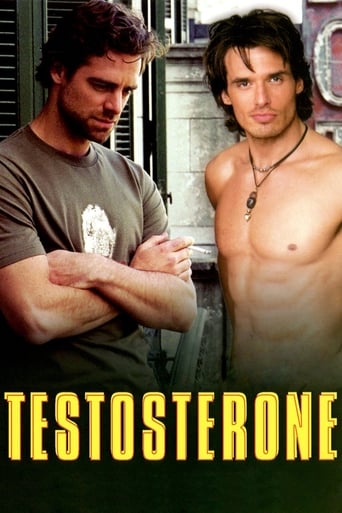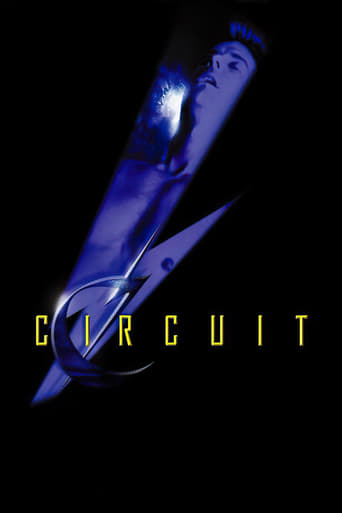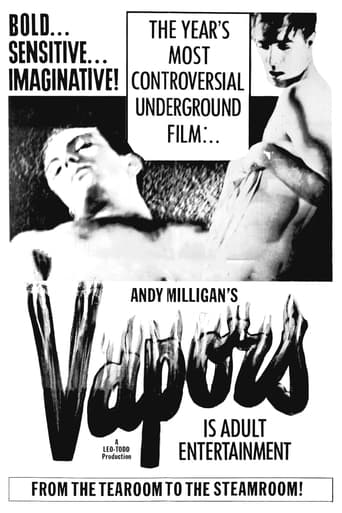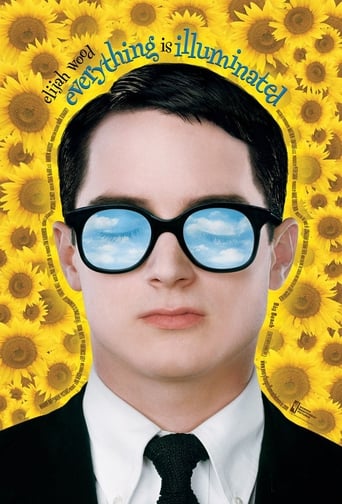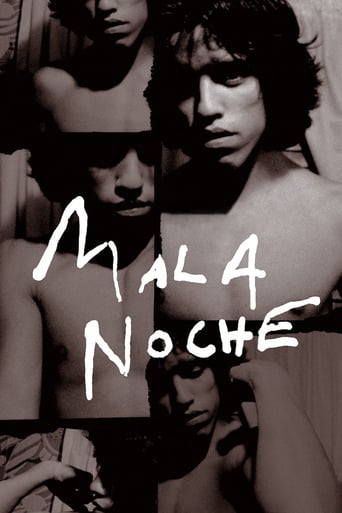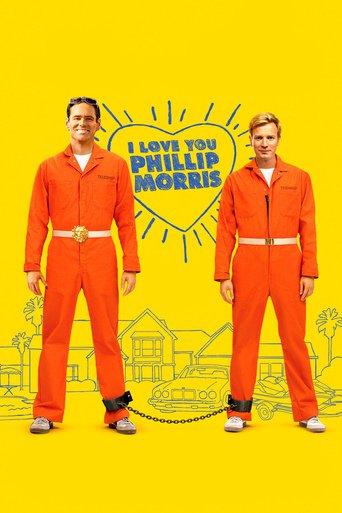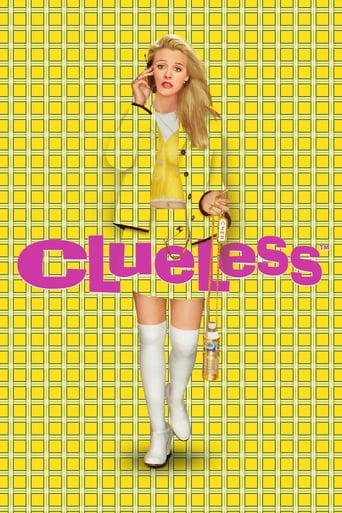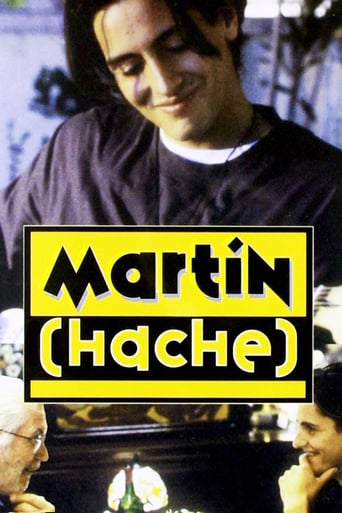
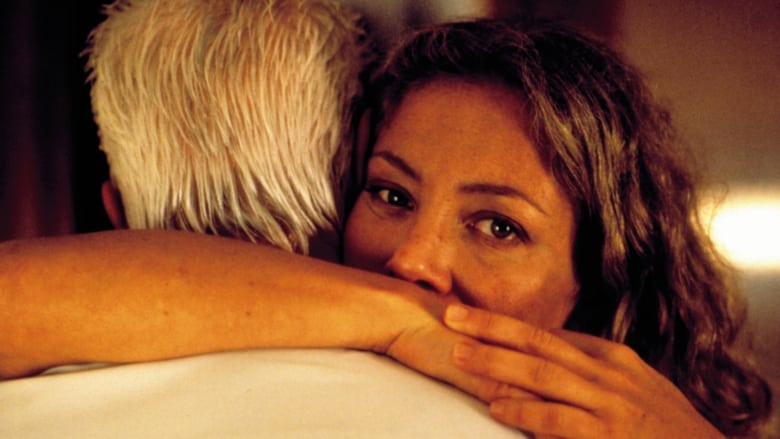
Martín (Hache) (1997)
An emotionally distant father attempts to reconnect with the son he abandoned. After his estranged son (Juan Diego Botto) tries to commit suicide, Argentine expat Martín (Federico Luppi) brings the troubled teen to live with him in Spain. But though Martín tries to reach out to his son, he's unable to bond with anyone in his life -- including his much-younger girlfriend
Watch Trailer
Cast


Similar titles
Reviews
Watching the film after fifteen years since its commercial release can make a difference in one's perception. "Martin (Hache)" presents that kind of dilemma for a viewer that might not have followed political events in Argentina during the terrible decade of 1970/1980s. A lot of left wing intellectuals preferred to go into a voluntary exile, such as Martin, a middle age man, a film director, who was able to pick up his career, making perhaps, a better life in Spain than in his old country.Martin, who is divorced from his first wife, gets an urgent call to return home. His son, also named Martin, but called Hache by the family, took a drug overdose that nearly killed him. Now in a coma, the young man recuperates. Talking with his old wife, Martin is told to take Hache with him. The former wife has no room for him in her new life with another man. Taking that responsibility makes an impact in Martin's life. After all, he is used to being alone, so the intrusion is not exactly what he had in mind. Hache's arrival proves to be not what the father thought it would be. Martin is seeing Alicia, a much younger woman, a film editor, with whom is he is having a stormy relationship. While Alicia does everything in her power to cater to her lover, he, in turn, has a different view of domestic life. Martin explains how he cherish his new life, by himself. He is a man that loves his solitude above all. Part of Martin's attitude toward Alicia is due to her dependency on drugs. Hache, on the other hand, does not find his place within his father's world. Dante, a gay actor, who is close to the father, takes the young man under his wing, but the boy's mind is still in Buenos Aires, his friends, his band, the girl he loves. Father and son clash about the way they feel about their native country. According to Martin, it is an illusion where everything is fake. The older man's life back there holds no happy memories, whereas Hache pines to go back.As Martin agrees to direct a new project, he asks Alicia to come with him to Almeria in Southern Spain to edit the screenplay. Alicia, who is dependent on drugs, has a confrontation with Martin because she finds herself at the end of her rope in their relationship. Dante and Hache, who come for a visit, are appalled by the state of things between the lovers. Tragedy hits unexpectedly, leaving Hache shaken. It does not come as a complete surprise when he decides what his next move will be.Adolfo Aristarain, the director of this film, wrote the screenplay with Katy Saavedra. The director created a well felt drama about a man who is unable to accept love from anyone. Martin has been by himself for such a long period of time that he mishandles the possibility of happiness with Alicia because he cannot commit too her. The arrival of Hache in his life is too late. He is a loner who will not change. He is incapable of showing love to anyone. He shuns companionship, preferring staying home listening to music, rather than socializing with people he likes. Alicia however much she tries, does not put a dent in Martin to change his ways.Federico Luppi does one of his most brilliant interpretations in front of the camera as this sad man in the middle of the story. By contrast, Eusebio Poncela, playing Dante seems to be overacting in his approach to his gay actor. Cecilia Roth makes an impeccable Alicia, one of the best roles she has made in front of the cameras. Young Juan Diego Botto appears as Hache. Ana Maria Piccio plays Martin's former wife.
When you see four times a film and you discover new contents each time, evidence: this piece is worth-. I see my own evolution with this movie, my opinion growing, I notice concepts I hadn't before.Martin (Hache) talks about life through incredibly deep characters, specially Martin (father), whose very balanced but also extremely dark side drives spectator into a superior intellectual world, in which you are overwhelmed by messages, looks, behaviors, feelings.All actors are superb, there is a maximum connection with their characters, you forget you are in front of a TV, flowing in the story like a fish in the water, even understanding both sides of all the great and rich arguments they have. Everything is valuable, don't miss a minute!
At times I felt this film might have been adapted from stage-theatre, so good are the dialogues; scintillating, the right way to speak Spanish if you will excuse the `porteño' accent so very necessary for the film. The old `maestro' Federico Luppi is about as good as in any other film I have seen him in, I suppose; Juan Diego de Botto is better than in other films of his that I have seen; but the real standing ovation is for Eusebio Ponce who plays very delicately and intelligently the philosophical homosexual, and Cecilia Roth is outstanding as the film-director's girl-friend. Though I must say that I am beginning to get accustomed to Cecilia Roth being outstanding in everything she does.The direction is right spot on; tight, befitting the excellent playing out of the dialogues and demanding great skill with the camera and later the person with the scissors. Adolfo Arastarain worked hard for this one: the result is a hugely satisfying piece.Once again, as erstwhile said elsewhere in IMDb, for those who like real character-driven pieces with intelligent dialogues, this film is highly recommendable. However, for those of you with a fair knowledge of Spanish, if you are not used to the Argentinian (porteño) accent you may well have problems, such that you will need the subtitles. It is worth the effort, I can assure you: just over 8 out of 10, which is pretty high on my scale.
Martin (Hache) is one of the best films because the plot is about feelings, about the relationship between humans. Real people listening, learning and talking with real people.Excellent characters with a lot to tell, to listen. A plot that we may live every day and we didn't notice, a plot that shakes to the point to think why you really are alive...If you miss this, you will lose two hours of reflection.


